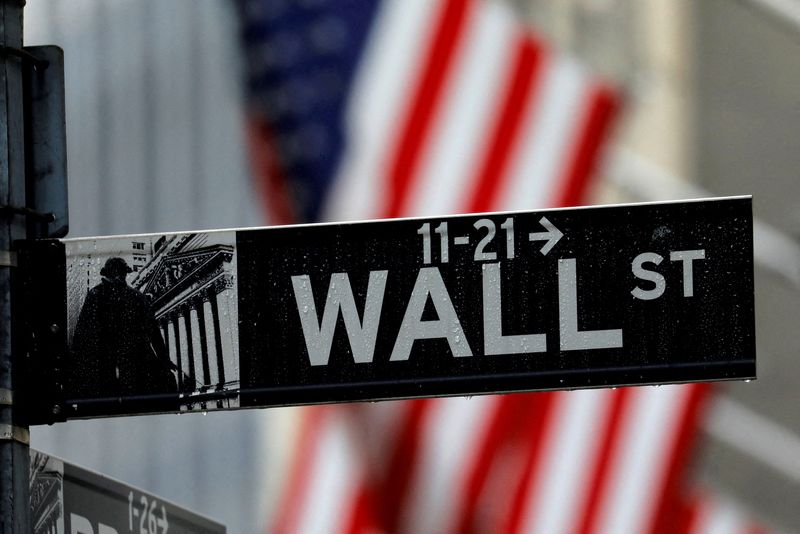(Reuters) - Wall Street analysts and investors who believe the U.S. Fed Reserve has acted too slowly to combat high inflation are now forecasting even more aggressive rate hikes as the central bank catches up.
A source close to JPMorgan Chase (NYSE:JPM) and Co CEO Chief Executive Officer Jamie Dimon said he was now predicting 12 to 15 rate hikes - or a cumulative 300 to 375 basis points - in this hiking cycle. That is an increase from the six or seven rate hikes Dimon predicted on the bank's January earnings call.
It is the latest recalibration among banks and investors since the U.S. central bank last week raised its key lending rate by a quarter of a percentage point and forecast an aggressive path of further increases to counter inflation. That was followed on Monday by Fed Chair Jerome Powell saying the bank must move expeditiously to cut inflation and that it could use bigger-than-usual interest rate hikes if needed.
A parade of Fed officials - including some counted now as policy doves - have come out in Powell's wake to echo the call for prompt, and if necessary, aggressive action on an inflation rate running three times above their target level of 2% annually.
"The Fed has seen the light on inflation ... and thus is essentially admitting to being behind the curve," analysts at NatWest said in a research note on Thursday, adding that investors will become "increasingly concerned about the Fed inducing a recession, and soon."
Sharp (OTC:SHCAY) moves in the U.S. Treasury market are increasingly pointing to the risk of such a recession scenario, as the markets doubt the Fed's ability to engineer a "soft landing" for the economy as it tightens monetary policies.
Goldman Sachs (NYSE:GS) said on Thursday that it has raised its forecasts on U.S. Treasury yields for this year, citing more broad-based and persistent price pressures and a more hawkish pivot by the Federal Reserve.
The Fed is seen raising rates to 2.4% by February 2023, from 0.25-0.50% now, with the market pricing in a 76.8% probability that the Fed will hike by 50 basis points in May. [FEDWATCH]
"They're way behind," said Jeffrey Gundlach, the billionaire chief executive of investment firm DoubleLine Capital, in an interview with CNBC after the Fed hiked rates last week.
He was referring to indicators such as wage growth as well as the rise in yields of two-year Treasury notes, comparing them to the federal funds rate.
That was echoed by Deutsche Bank (DE:DBKGn), which in a note this week said the Fed could hike rates at every meeting for the foreseeable future, with 50 basis-point hikes likely in the near term. "The Fed is behind the curve, and will need to hike fast and far to get inflation under control," it said.
Capital Group Companies Inc, one of the world's largest investment management companies, weighed in with a note last week saying "inflation will remain elevated" and that monetary policy is behind the curve.

For Larry Fink, chief executive and chairman of the world's largest asset manager, BlackRock Inc (NYSE:BLK), central banks are facing a dilemma they have not had to deal with for decades - and the Russia-Ukraine war complicates it further.
"Central banks must choose whether to live with higher inflation or slow economic activity and employment to lower inflation quickly," he said on Thursday.